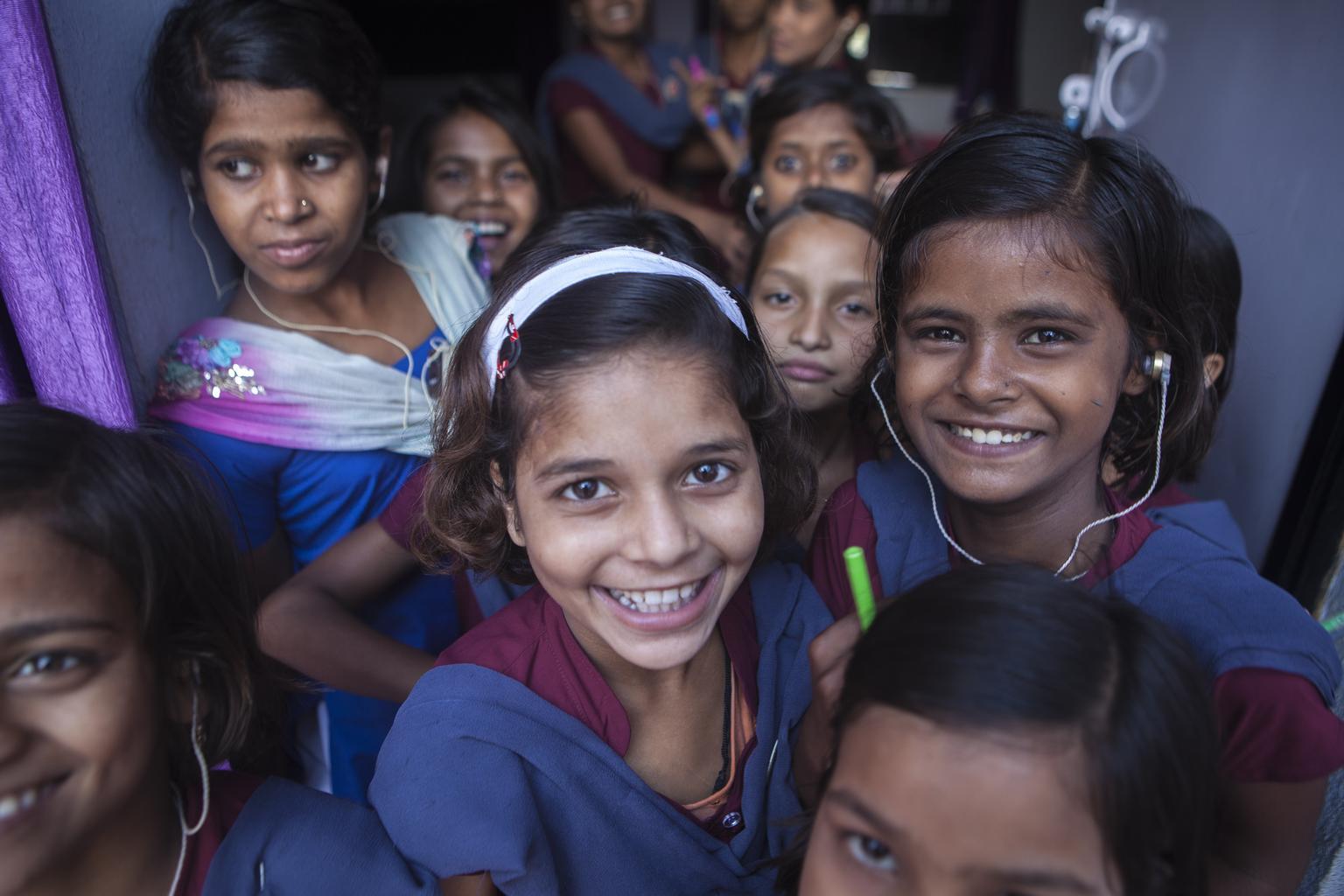main content start
At I-Stem, our vision is to empower over 1.3 billion people with disabilities to pursue their desired academic and professional pursuits through a combination of technology, community and support services around the world.
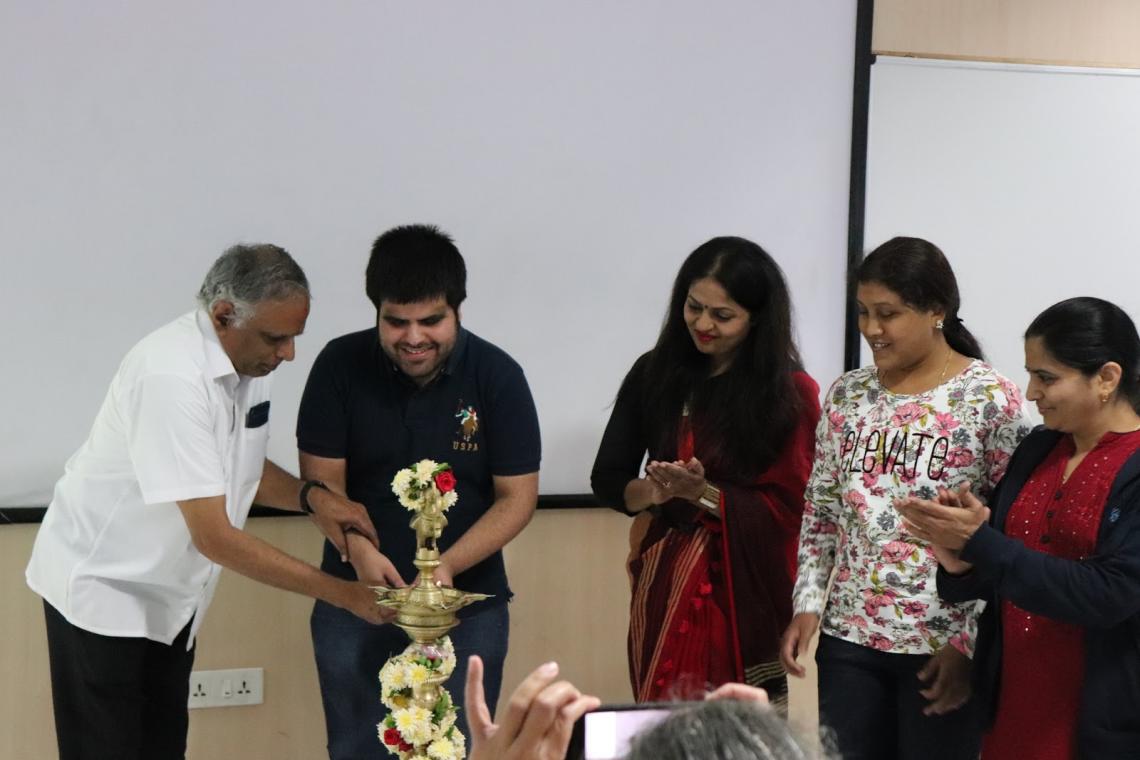
Related Stories

Portfolio News
AGUA: Revolutionizing Global Collaboration for Funding Transparency (with Growth Graduate Atix Labs)
Mar 04 , 2024
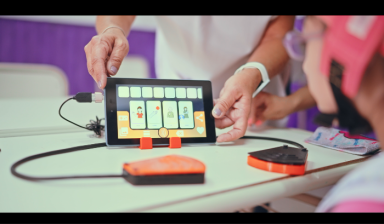
Portfolio News
Sep 26 , 2023

Portfolio News
Sep 26 , 2023
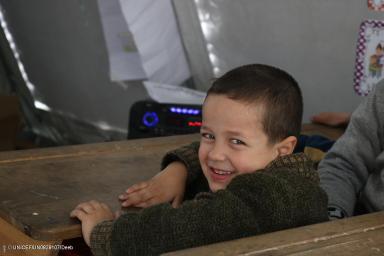
Portfolio News
Sep 25 , 2023

Portfolio News
Sep 25 , 2023
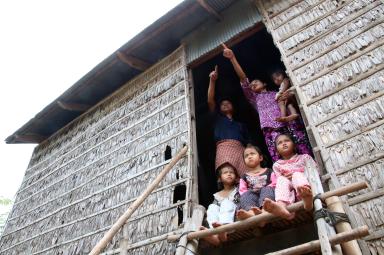
Portfolio News
Sep 25 , 2023
